IT is over a week since the conclusion of the hearing involving Bryony Frost and Robbie Dunne which culminated in an immediate 18-month ban for the latter of which three were suspended.
The specifics of this case have been poured over elsewhere and the purpose of this is not to delve into the case itself but rather contemplate some of the wider points that were raised by the hearing. For the sport of horse racing this represented yet another trying few days at the end of a year in which it seems the sport has been on the backfoot.
To suggest that the Frost-Dunne case has attracted the sort of negative publicity racing could do without would be wrong and simplistic as it was much more complex than that.
This case called to mind some of the key obstacles that will confront horse racing as we move into the future. Too often this sport is beset by a micro approach characterised by factional interests fighting their own corner as opposed to taking a macro view which might actually stand the sport in good stead in the long run.
Of course this is no different to any walk of life as different sectors will do their best to advance the cause of the cohort that they represent and this is entirely understandable. However, there are times when it seems as though racing or various factions within the sport seem incapable of identifying an approach that would serve the greater good. Sometimes a course of action that is collegiate or collaborative is the best one and there is no dishonour in everybody working towards the same end. It would be nice to think that this could happen with racing but at present collaboration does not appear to be the order of the day.
With respect to racing in these parts it would seem that the sport across the water is much more divided than it is here as evidenced by apparently perpetual wrangling from issues such as prize money all the way to the fallout from the Bryony Frost case where the Professional Jockeys Association has steadily been rowing back from the position it initially took up last Thursday.
As 2022 looms large on the horizon the hope is that maybe some lessons have been learnt and that possibly the sport as a whole is mindful that it needs to change an approach that, in parts, is rooted in practices that are decades old and ones which do not sit well with modern society.
On a similar note racing probably needs to start getting proactive rather than reactive when it comes to certain issues. For that large portion of society that is pretty ambivalent when it comes to racing, it will at least sit a lot easier with those people if the perception is that the sport is working towards making progress in some areas as opposed to simply bowing to public pressure created by certain situations.
A case in point would be the Panorama programme that aired on BBC during the summer which thrust welfare and what happens to horses once their racing careers are over into the forefront of the news agenda.
At the time the programme possibly didn’t gain the sort of widespread traction that it could have. It did generate a conversation concerning what would be the best framework to implement when it comes to retired thoroughbreds. Several months on, we have yet to see anything tangible with regard to this area.
If this issue was revisited by Panorama or another outlet there is little doubt that racing would find itself in the position of trying to defend an apparent level of inactivity on an issue that should have been comprehensively dealt with a number of months previously.
Surely one could see this would be a tough position to defend given that the warning signs in the recent past.
Collaborative approach
So as we hope that 2022 will see a return to total normality not only for racing but society as a whole, there are some worthwhile points to consider.
Firstly, can a collegiate and collaborative approach work towards the greater good of the sport? The answer is unquestionably yes as a look at the alternative does not make for an especially pleasant spectacle as we saw last week.
Secondly, what approach works best? One of independent and proactive action or a reactionary one which is governed by a wider response to a certain issue. Racing has it within its power to change and change for the better but the pace of change needs to start picking up because the sport and the social licence it operates under cannot afford to be imperilled as a result of inaction.
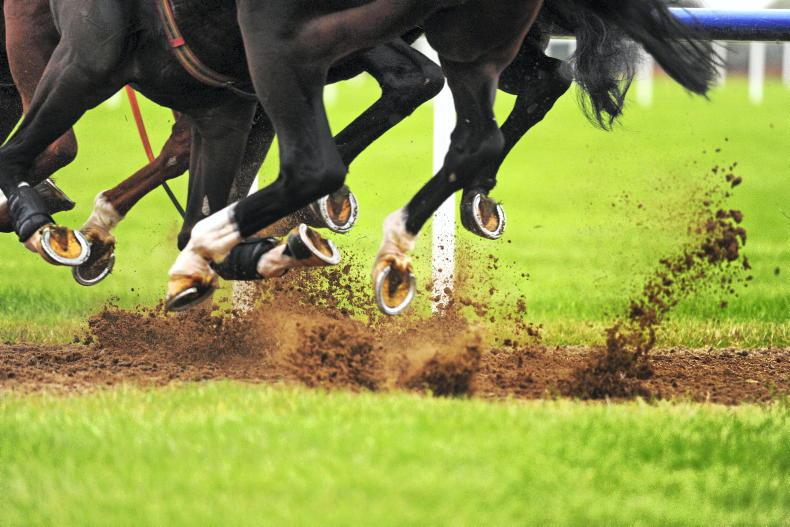

 This is a subscriber-only article
This is a subscriber-only article
 It looks like you're browsing in private mode
It looks like you're browsing in private mode





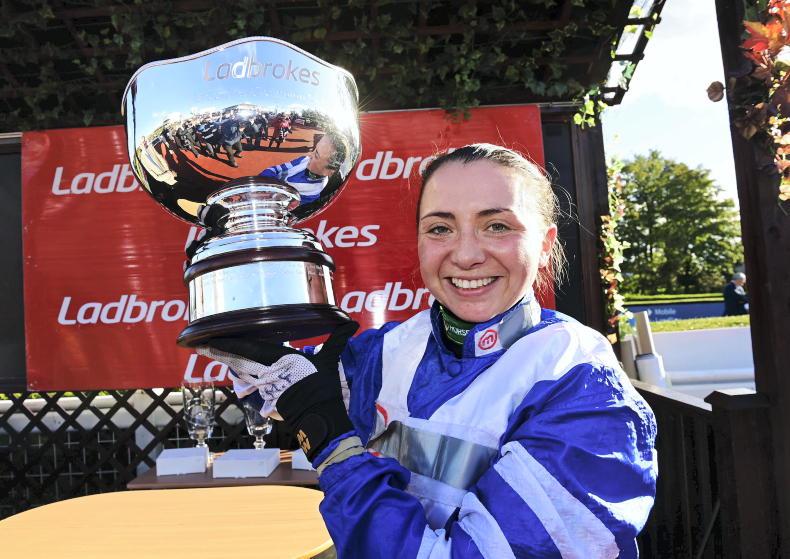
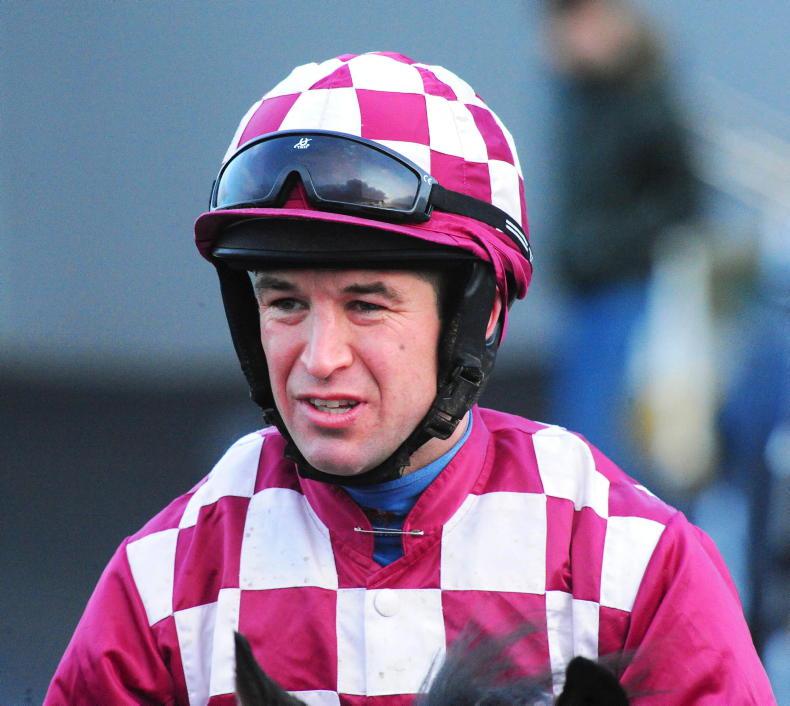
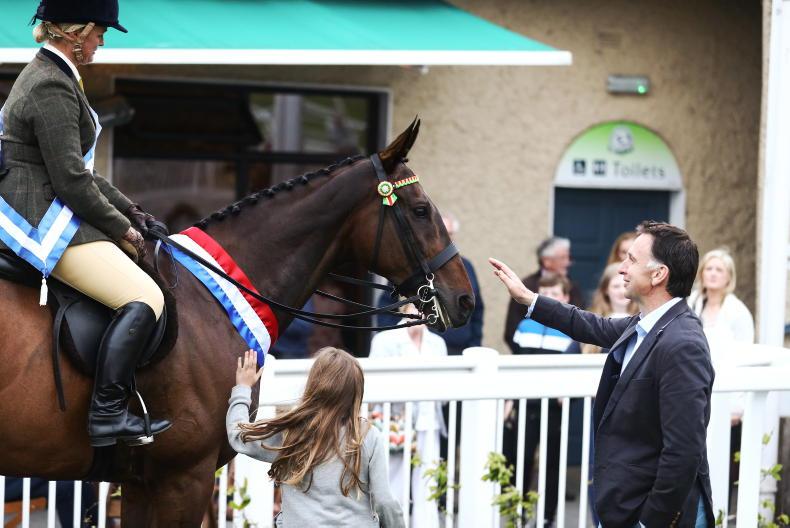

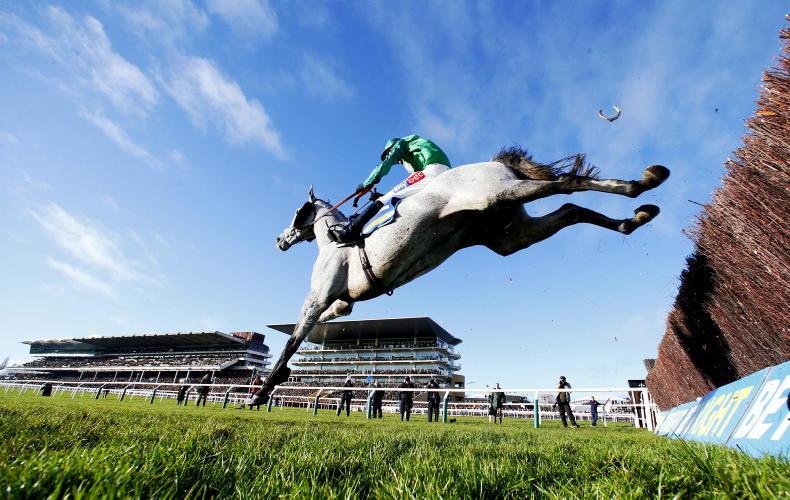
SHARING OPTIONS: